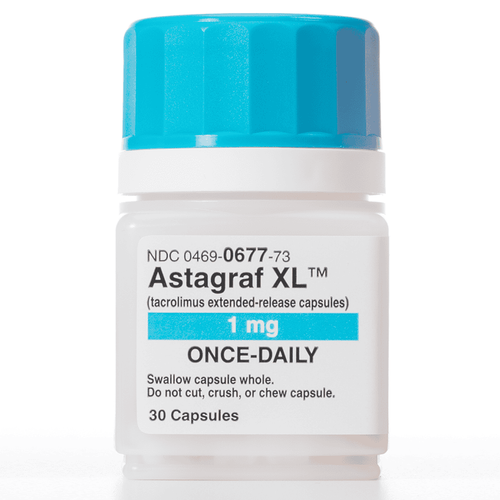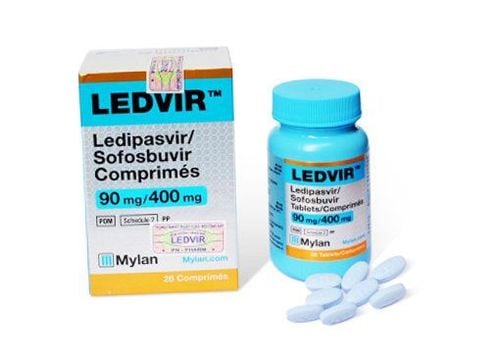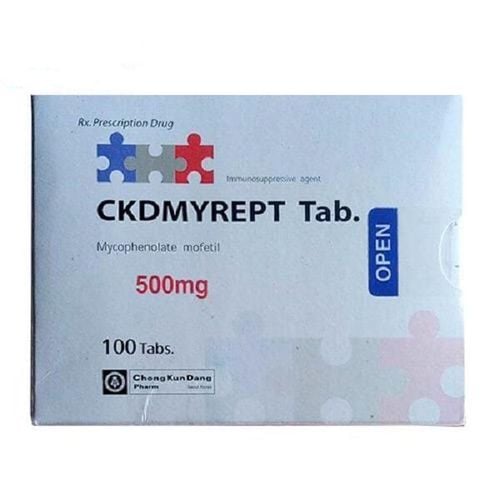This is an automatically translated article.
Belatacept can weaken the body's immune system, thereby helping to respond to an organ transplant, such as a kidney transplant. In addition, Belatacept is also indicated for use in cases of exposure to the Epstein-Barr virus.
1. The mechanism of action of the drug Belatacept
Belatacept binds CD86 to 4 times higher pressure than abatacept and can also bind CD80 to 2 times higher pressure than abatacept. Belatacept has been observed in non-human primates, but Belatacept prolongs graft survival by reducing the production of antibodies against the newly transplanted organ.
In addition, Belatacept also inhibits the primary humoral immune response indicated by reducing post-transplant concentrations of IgG, IgM, and IgA. The role of this effect is more significant in Belatacept than with cyclosporine.
Belatacept is a glycosylated synthetic protein with high molecular weight and is also a homodimer of 2 polypeptide chains with 35 amino acids. These ingredients are produced through the process of recombinant DNA in cells. Belatacept acts as a selective controller with T-lymphocyte inhibitory activity.
2. Indications for the use of Belatacept
Belatacept is indicated in the prevention of organ transplant rejection. In addition, Belatacept is used concurrently with basiliximab for induction, mycophenolate, and corticosteroids in renal transplant recipients who are seronegative for Epstein-Barr virus.
3. How to use Belatacept
Belatacept is administered by intravenous infusion and is administered by healthcare professionals. Belatacept must be infused slowly and can take about 30 minutes. The drug will usually be used just before the patient has a kidney transplant and 5 days after the injection. Then every 2 to 4 weeks will do 1 time.
However, Belatacept may increase the body's risk of infection by altering the functioning of the immune system. Therefore, when using Belatacept, patients should be regularly checked for laboratory indicators to detect abnormal signs as soon as possible.
4. Notes before using Belatacept
If the patient is allergic to the drug or has never been exposed to the Epstein-BArr virus, the patient should not use Belatacept in treatment.
Before using Belatacept, patients should discuss the benefits and risks of using Belatacept with their doctor. Because Belatacept can affect the body's immune system and thereby increase the risk of cancer, serious brain infections. It can even cause disability, death or viral infection after a kidney transplant
Belatacept can harm an unborn baby. Therefore, if you are pregnant or intend to become pregnant, you should not use Belatacept.
5. Unwanted side effects and some notes when using Belatacept
Belatacept can cause some unwanted side effects during treatment. Depending on the case, the degree of side effects will vary from mild to severe. Some common side effects of Belatacept: High or low potassium, increased blood pressure, nausea and vomiting, diarrhea, constipation, kidney or bladder infection, headache, illness or swelling in the legs and hands ...
However, in some cases, there may be dangerous side effects such as low red blood cells with signs of pale skin, fatigue, dizziness, difficulty breathing. Either high or low potassium causes symptoms of nausea, weakness, tingling sensation, chest pain, irregular heartbeat, loss of mobility, muscle weakness, ...
In addition, Belatacept also can affect the immune system causing white blood cells to grow out of control. Often sick people will experience signs such as:
High fever, swollen glands, night sweats, flu symptoms. Stomach pain, vomiting, diarrhea, unexplained weight loss. Physical weakness, vision loss, sometimes problems related to language. Changes in mental state and memory problems. Blood in the urine, burning when urinating, or not urinating. Other drugs that may interact with Belatacept include prescription drugs, over-the-counter medicines, vitamins, or herbal products. These drug interactions can change the drug's ability to work or increase the effect of unwanted side effects. Therefore, before using Belatacept, the patient needs to provide full information about the history of drug use so that the doctor can prescribe appropriate and effective treatment.
Patients should note that when using Belatacept, they should avoid direct sunlight. Because Belatacept may increase the risk of skin cancer. In addition, patients need to prepare sun-protective clothing as well as sunscreen before going out.
Patients during treatment with Belatacept should not receive additional live vaccines. It is possible that the vaccine will not work as well and may not fully protect the person from surrounding diseases. Live vaccines can include measles, mumps, polio, typhoid...
Please dial HOTLINE for more information or register for an appointment HERE. Download MyVinmec app to make appointments faster and to manage your bookings easily.
References: drugs.com












